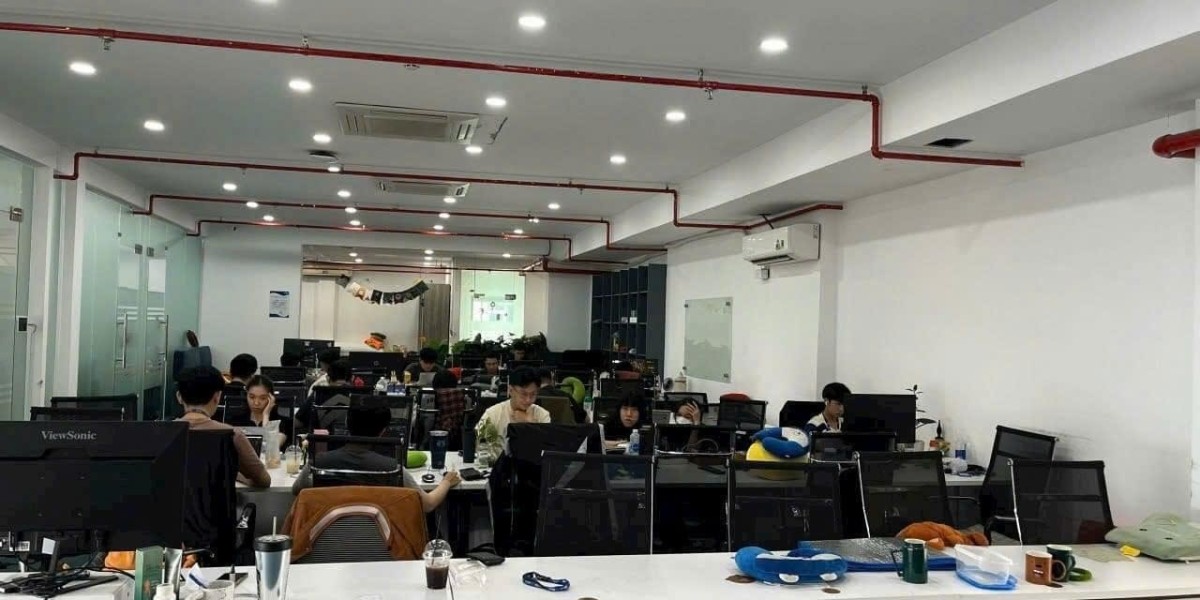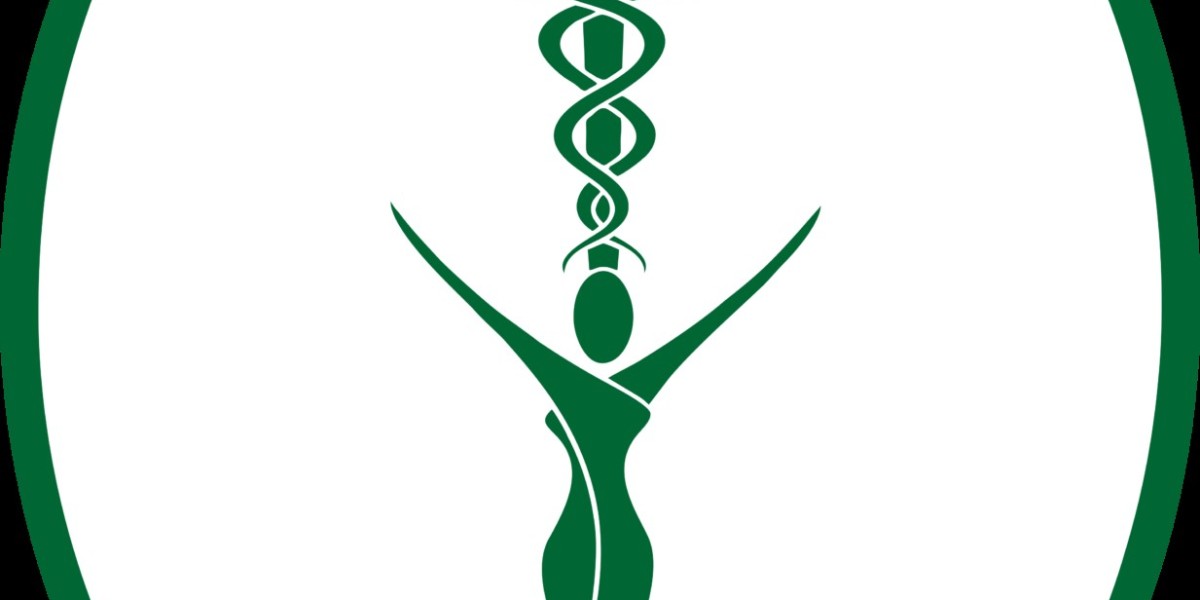In Los Angeles, where the pressures of modern life, career demands, and social expectations can exacerbate mental health struggles, finding the right treatment for depression is crucial. Fortunately, Los Angeles offers a wide array of treatment options, from traditional therapies to holistic approaches, all aimed at helping individuals regain their mental and emotional well-being.
Understanding Depression
Depression is not just feeling sad or “down” for a few days—it’s a serious mental health condition that can significantly impair daily functioning. Common symptoms include persistent sadness, fatigue, changes in appetite or sleep patterns, difficulty concentrating, and thoughts of worthlessness or death. If left untreated, depression can lead to serious consequences, including self-harm or suicide.
The good news is that depression is treatable, and with the right support, individuals can lead fulfilling, balanced lives. Los Angeles, with its broad spectrum of mental health professionals and treatment centers, offers numerous pathways for people to address their depression and work toward recovery.
Why Choose Los Angeles for Depression Treatment?
Los Angeles is a leading destination for mental health care for several reasons. The city's diverse population, world-class facilities, and access to expert professionals make it an ideal place to seek treatment for depression.
Access to Highly Qualified Mental Health Professionals
Los Angeles is home to many skilled therapists, psychiatrists, and psychologists who specialize in treating depression. These professionals use evidence-based approaches to create individualized treatment plans, ensuring that patients receive care that is tailored to their unique needs.Comprehensive Treatment Options
The city offers a wide variety of depression treatment options, from inpatient care to outpatient therapy, allowing patients to select the level of care that works best for them. Whether someone needs short-term support or long-term care, there is a treatment plan suited to their needs.Holistic and Integrated Approaches
Many treatment centers in Los Angeles take a holistic approach, addressing not only the psychological aspects of depression but also the physical, emotional, and spiritual components. Integrating therapies such as yoga, mindfulness meditation, acupuncture, and nutrition counseling can support overall well-being and enhance recovery.Focus on Long-Term Wellness
In addition to providing immediate symptom relief, Los Angeles treatment programs often focus on building long-term strategies for managing depression. This includes teaching coping mechanisms, emotional regulation skills, and relapse prevention techniques, helping individuals sustain their progress over time.Diverse and Inclusive Environment
Los Angeles is known for its inclusivity, making it a supportive environment for people from all backgrounds. Many treatment centers offer culturally competent care, which can be essential for individuals seeking care that aligns with their personal values and experiences.
Types of Depression Treatment in Los Angeles
There are various treatment options available for individuals with depression treatment Los Angeles. The most effective approach often involves a combination of therapies that address both the emotional and physical aspects of the disorder.
Psychotherapy (Talk Therapy)
Psychotherapy is one of the most effective treatments for depression. In Los Angeles, individuals can access a wide range of therapeutic modalities, including:- Cognitive Behavioral Therapy (CBT): CBT is one of the most widely used and researched treatments for depression. It focuses on identifying and changing negative thought patterns that contribute to depressive feelings and behaviors.
- Interpersonal Therapy (IPT): This therapy focuses on improving interpersonal relationships and communication, helping individuals navigate life changes and social challenges that may contribute to their depression.
- Psychodynamic Therapy: This approach explores the underlying emotional and psychological issues from the past that may be influencing current feelings of depression.
Medication Management
Antidepressants can be a critical part of depression treatment. Psychiatrists in Los Angeles prescribe medications such as selective serotonin reuptake inhibitors (SSRIs) or serotonin-norepinephrine reuptake inhibitors (SNRIs) to help regulate the brain chemicals that influence mood. Regular follow-ups with a psychiatrist are essential to monitor progress, adjust dosages, and manage potential side effects.Group Therapy
Group therapy provides a supportive space where individuals with similar struggles can share experiences, gain insights, and offer support to each other. Group therapy can help individuals realize they are not alone in their experience with depression, which can reduce feelings of isolation and build community.Holistic Therapies
Many treatment centers in Los Angeles emphasize holistic healing alongside traditional therapies. These approaches aim to treat the whole person and may include:- Mindfulness and Meditation: Mindfulness practices and meditation help individuals stay present, reduce stress, and gain better control over their emotions.
- Yoga and Physical Activity: Regular exercise and movement therapies like yoga can help reduce symptoms of depression by boosting endorphin levels and promoting overall well-being.
- Nutritional Counseling: A balanced diet is vital for mental health. Nutritional counseling helps individuals understand the connection between diet and mood and provides tools for making healthier food choices.
Residential Treatment Programs
For individuals with severe depression or those struggling to manage their symptoms at home, residential treatment programs in Los Angeles offer a safe, supportive environment. These programs provide intensive care with round-the-clock access to therapists, medical professionals, and a structured daily routine that promotes healing.Electroconvulsive Therapy (ECT)
For individuals who do not respond to other treatments, Electroconvulsive Therapy (ECT) may be considered. ECT involves a controlled electrical current to stimulate the brain and can be highly effective for treatment-resistant depression. Although it is often viewed with skepticism, ECT is a safe and well-regulated procedure that can provide significant relief for those who need it.Transcranial Magnetic Stimulation (TMS)
TMS is a non-invasive treatment that uses magnetic pulses to stimulate areas of the brain involved in mood regulation. It is often used for individuals with treatment-resistant depression who have not responded well to medication or therapy.
Benefits of Depression Treatment in Los Angeles
Comprehensive Care
The variety of treatment options available in Los Angeles allows individuals to receive comprehensive care that addresses the root causes of their depression while also focusing on long-term mental wellness.Personalized Treatment Plans
Depression affects everyone differently, which is why Los Angeles treatment centers offer personalized care. Mental health professionals work closely with each individual to develop a treatment plan that fits their unique needs, preferences, and lifestyle.Ongoing Support and Aftercare
Recovery from depression often requires long-term management, and many Los Angeles treatment centers provide aftercare programs, support groups, and follow-up therapy to help individuals maintain their progress and avoid relapse.Improved Quality of Life
With the right treatment, individuals with depression can experience significant improvements in their overall quality of life. They can rebuild relationships, regain their sense of joy, and develop the tools necessary to navigate future challenges.
Conclusion
Depression is a serious mental health condition, but with the right treatment, recovery is possible. Los Angeles offers a wealth of options for individuals seeking help, from psychotherapy and medication management to holistic therapies and residential treatment programs. With access to skilled professionals and a variety of treatment approaches, those struggling with depression can find the care and support they need to regain control over their lives and move forward with hope. If you or someone you know is battling depression, Los Angeles offers the resources and expertise to begin the journey toward healing.






